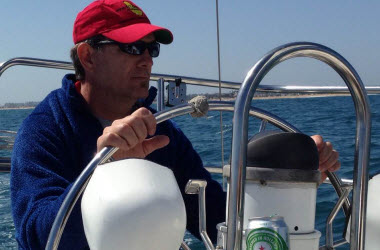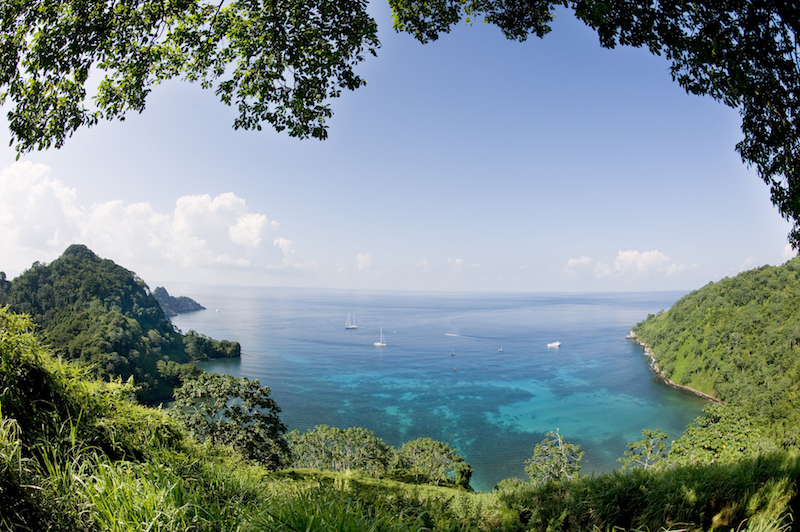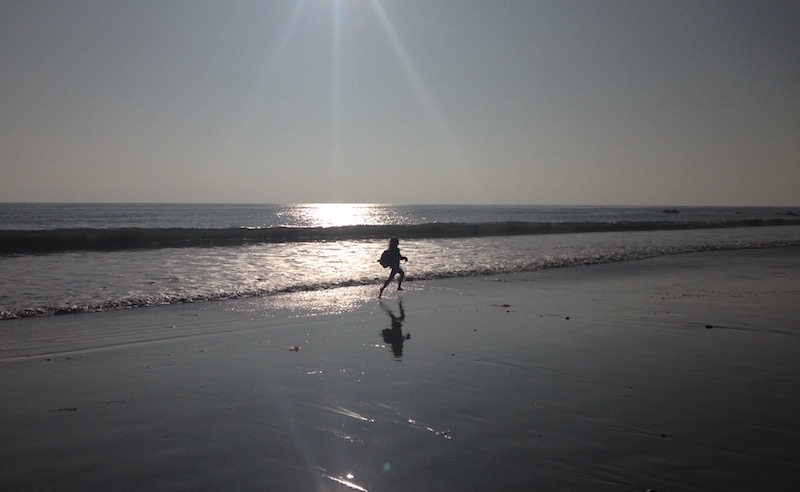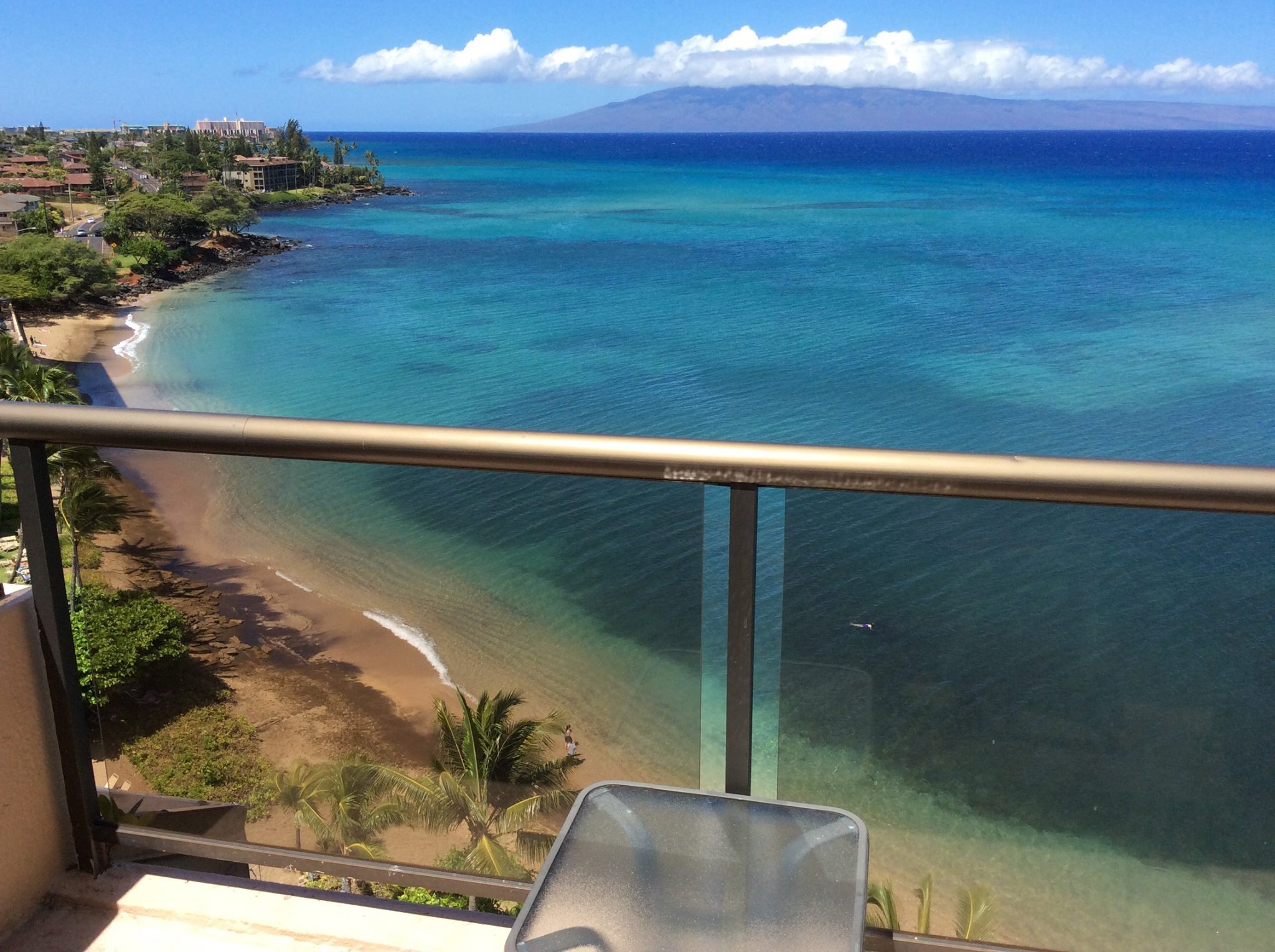August 16, 2016
No Blue- No Green! That's what intrepid underwater National Geographic explorer and former Chief scientist for NOAA Dr. Sylvia Earle has said time and time again. Yet this message still falls on deaf ears, especially in our political circus. Aside from the recent declarations of marine protected areas by President Barack Obama, few presidents, and for that matter any governments worldwide, have put the ocean first or at least at the forefront of any agenda, aside from those small island nations who are practically sinking into the ocean as sea levels rise.
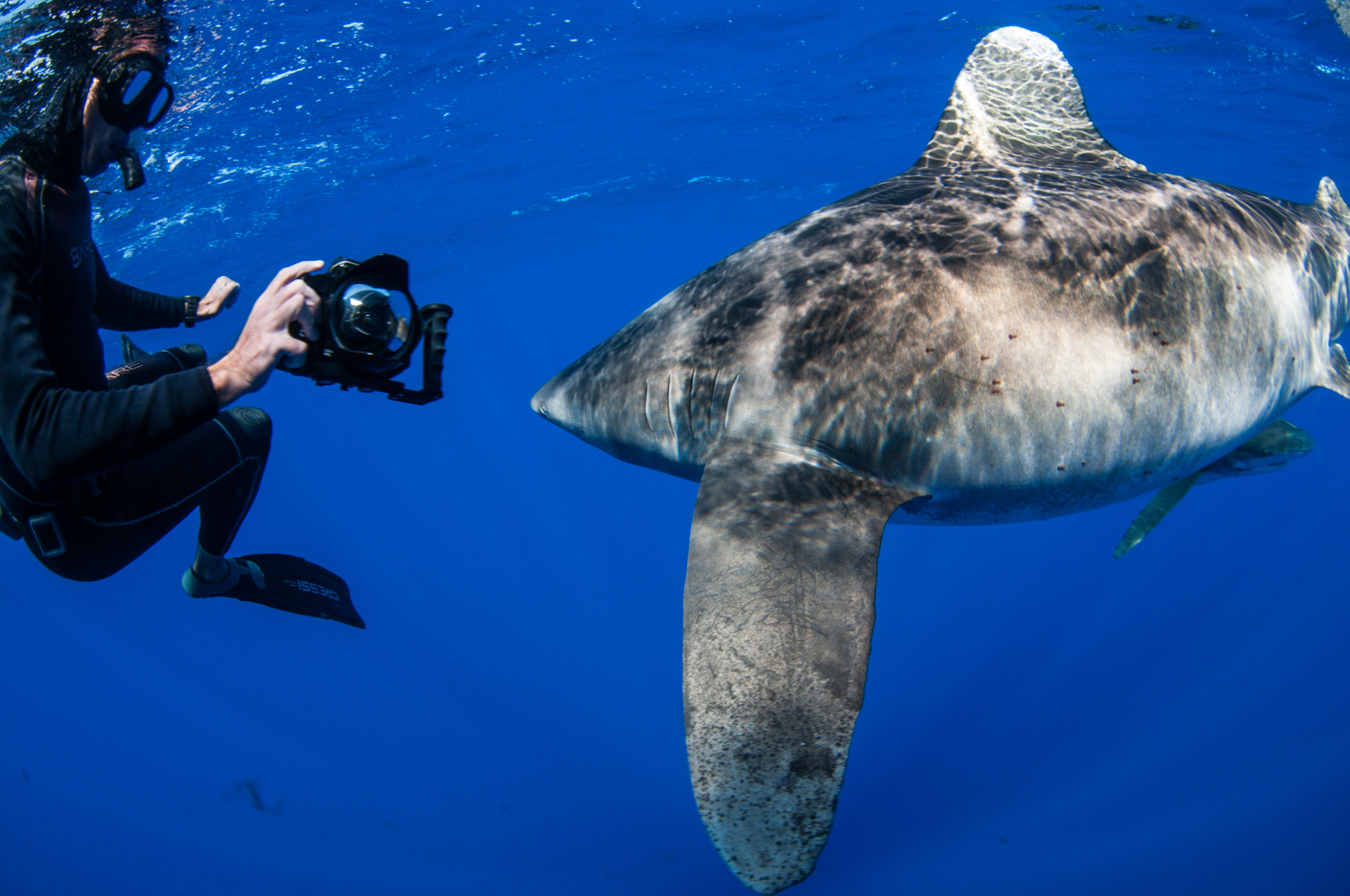
So the question is why? Why aren’t our oceans on the political agenda despite their incredible importance? I’ll take liberty here and call it a matter of education. There is no standard that requires, at least in the United States, that marine science be taught. Which is odd considering the overwhelming presence of the oceans on this planet. But why do we need to learn about the ocean? Learning, knowledge, and the recording of that knowledge are the fundamental skills that separate us from our ancestors and provided the advances in science that got us where we are today. We have an innate desire to learn, shouldn’t we include something so massive, so important and so critical to our survival as the ocean?
The ocean is a critical component of every country’s economy and economy is certainly one of the biggest words a president, or future president, can use in any speech. The ocean is critical to our global economy. 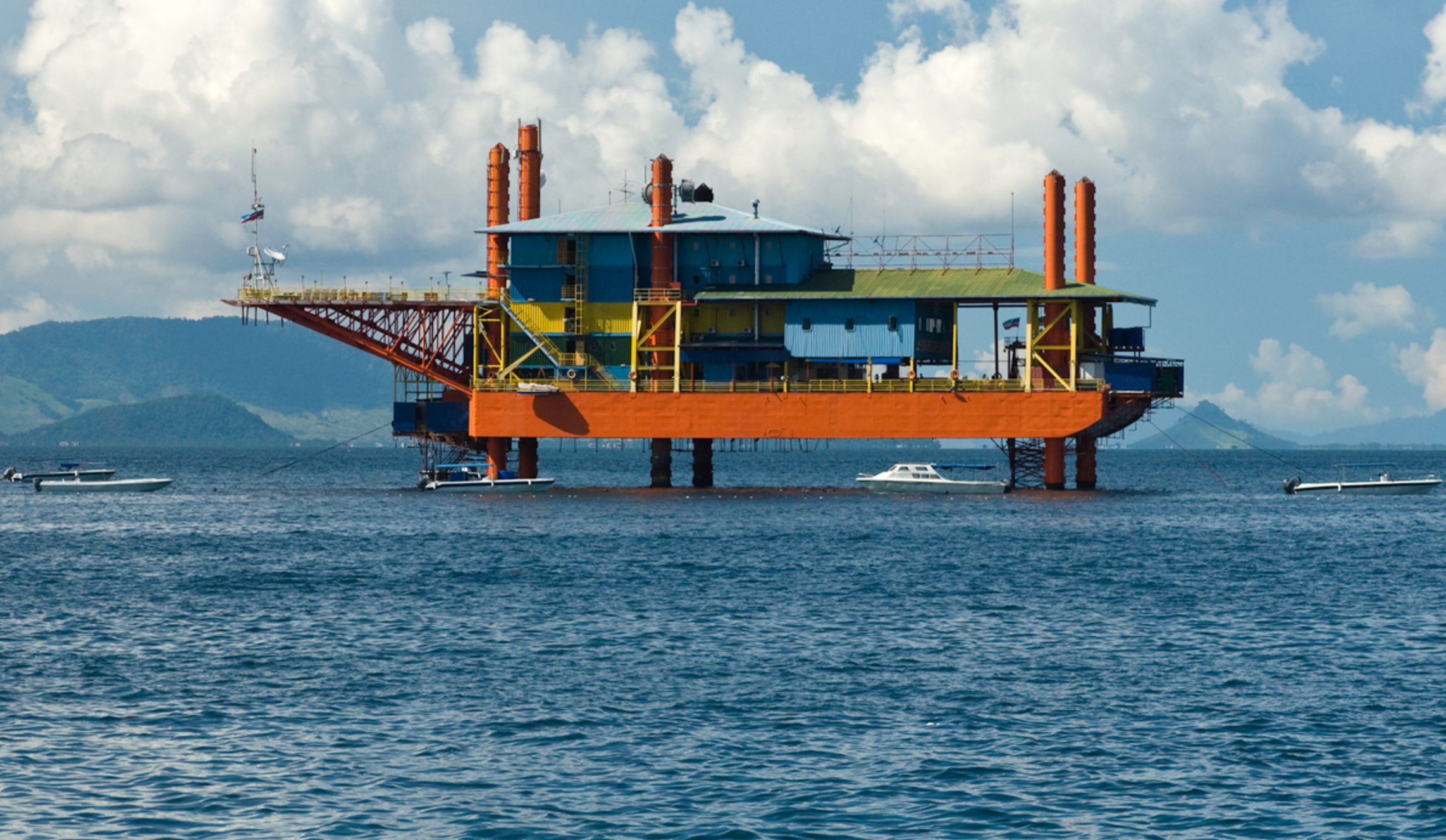 From supplying us with goods and gasoline from abroad via shipping, to feeding us, fueling local and state economies on the backs of boat builders, fishers, tourism operators, fishing stores, boat repairers, gasoline suppliers, seafood restaurants, hotels and resorts, taxi drivers, street vendors, beach boulevard shopping districts, and the list goes on! The ocean is critical to our global economy.
From supplying us with goods and gasoline from abroad via shipping, to feeding us, fueling local and state economies on the backs of boat builders, fishers, tourism operators, fishing stores, boat repairers, gasoline suppliers, seafood restaurants, hotels and resorts, taxi drivers, street vendors, beach boulevard shopping districts, and the list goes on! The ocean is critical to our global economy.
To sum up, if we aren’t knowledgeable about the ocean, and if the next president and their advisors aren’t knowledgeable about the ocean, then how would he or she understand the implications of their decisions regarding the ocean? Decisions that may impact the livelihood of millions both nationally and internationally. It is imperative that our future global leaders recognize the importance of the ocean; it’s biodiversity, the livelihoods that depend on it, and the fine balance needed to sustain each and every sector that relies on it. This recognition comes from education and it must begin in our schools. Maybe we should adjust Dr. Earle’s phrase to - No Blue, No Green, No Economy. Maybe then someone in power will listen?

